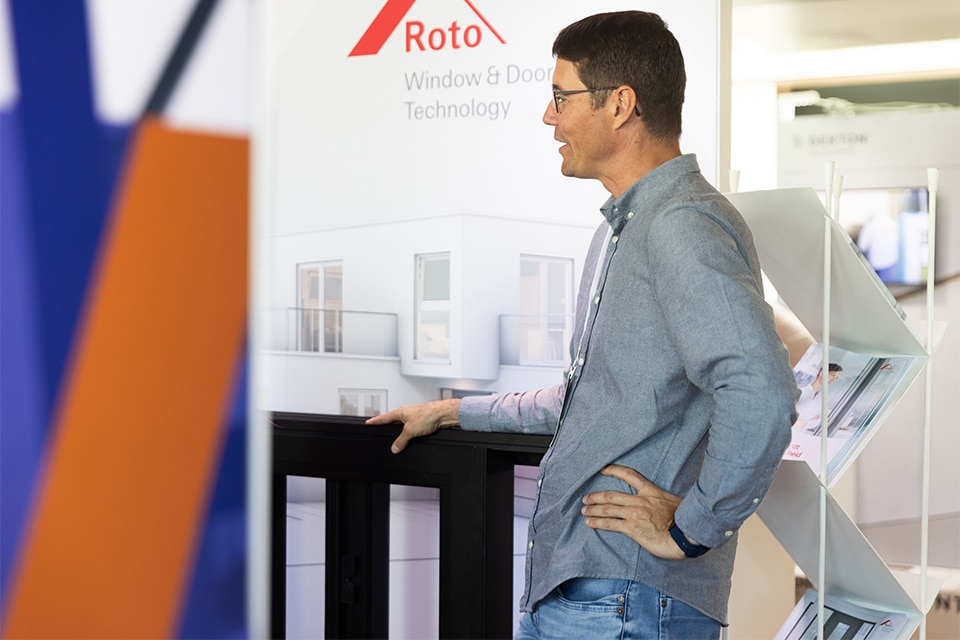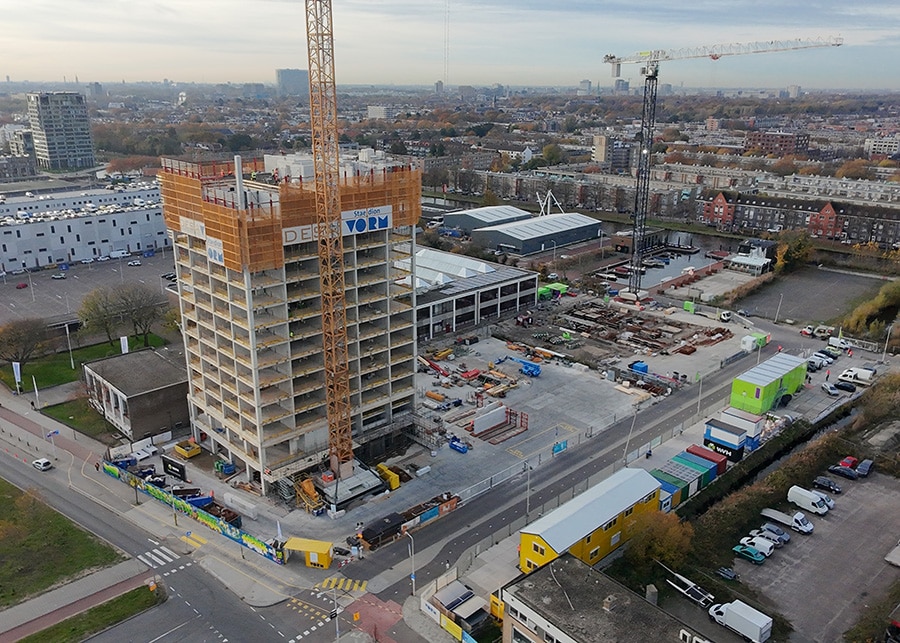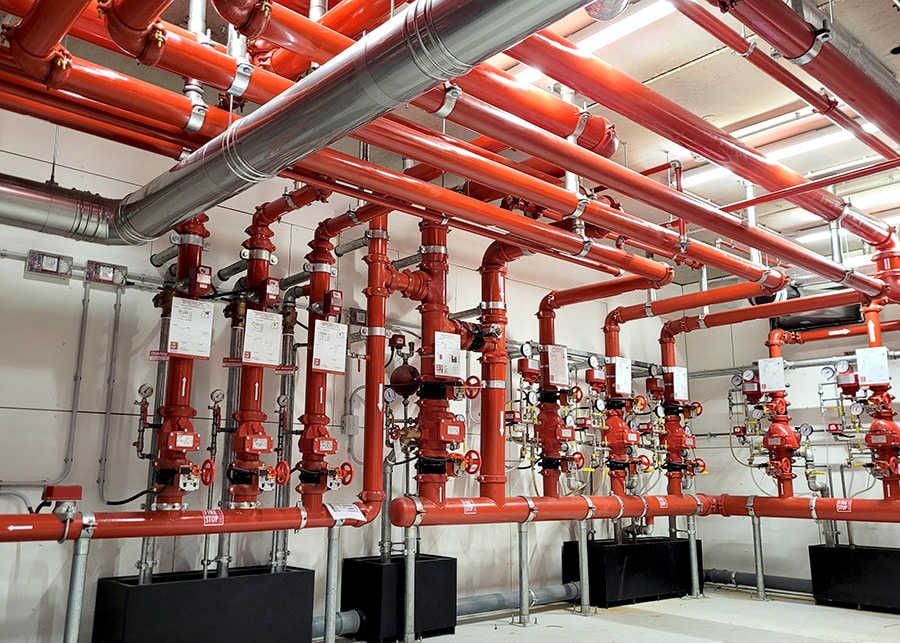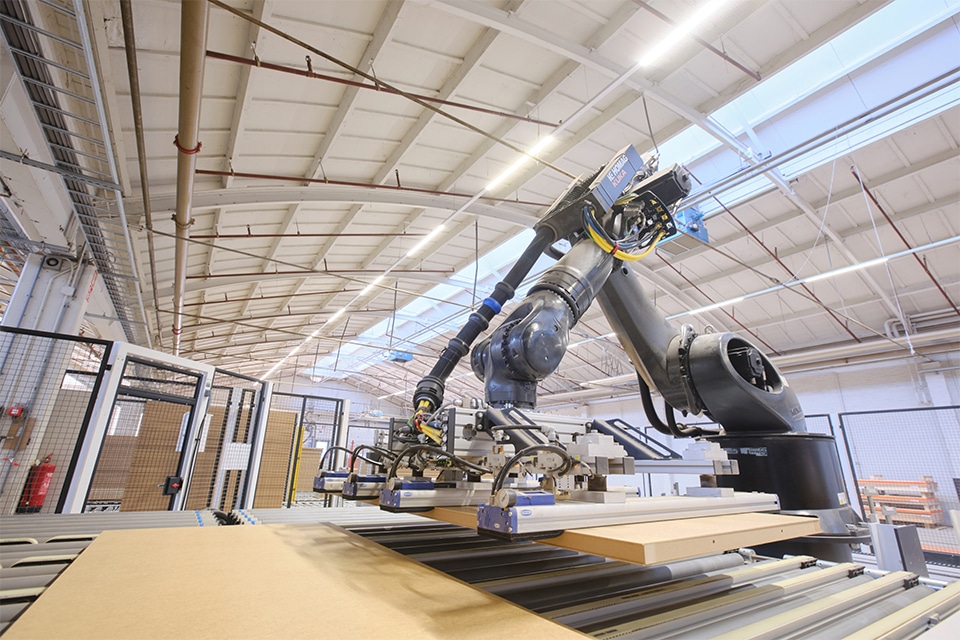
From CO2 reduction to recycling: Sustainability as a driver for innovative facade construction
For generations, Roto Frank has been a leading player in the field of window and door hardware. What once began as a small manufacturing company has now grown into an internationally active group with innovative solutions for building projects worldwide. The company is known for its German quality standards and strong focus on technological progress. Sustainability plays an increasingly important role in this, says Chris Cauwenberghs, General Manager Western Europe.
"Sustainability is a hot topic today, due to both European and local regulations," said Cauwenberghs. "We are working hard not only to meet the legal obligations, but also to take the lead ourselves." Roto has ambitious goals: by 2030 it wants to reduce CO2 emissions in scope 1 (direct emissions) and 2 (indirect emissions from energy consumption) by 50% and scope 3 (indirect emissions throughout the chain) by 25%. "We are making great strides and are even ahead of schedule," she said.
Sustainable DNA
Sustainability is woven into Roto's DNA. For decades, the company has had its own hydroelectric plant in Austria, now supplemented by a second one. Sustainability is also implemented in production. "For steel, aluminum and zinc, we recycle 100% of the materials. Our sealing division in Deventer works mainly with TPE. This is a lot more sustainable than the well-known and widely used EPDM. They also recycle 90% of the materials," says Cauwenberghs. Roto's door and window hardware lasts a very long time. "That also contributes to sustainability. Our products require very little maintenance. Our customers are happy about that, because it means we can sometimes give a 40-year warranty. And it also lowers a building's footprint."
'Supply chain is never completely in your control'
Using raw materials that are as green as possible is a bigger challenge, Cauwenberghs says. "We use a lot of steel. And in order to process it properly, it has to meet certain quality requirements. In addition, a fair amount of aluminum is also processed at Roto. Green aluminum is very scarce. So you see that for us scope 3 still has quite a few challenges: the supply chain is never entirely under your control. The basic economic rule applies here: supply and demand. The latter is a bottle neck today."
In the coming years, Roto will continue to innovate. Cauwenberghs emphasizes that the corporate culture revolves around concrete results. "Early next year we will publish our first and detailed reports, substantiated by external audits. We only communicate when the data is verified and complete."




